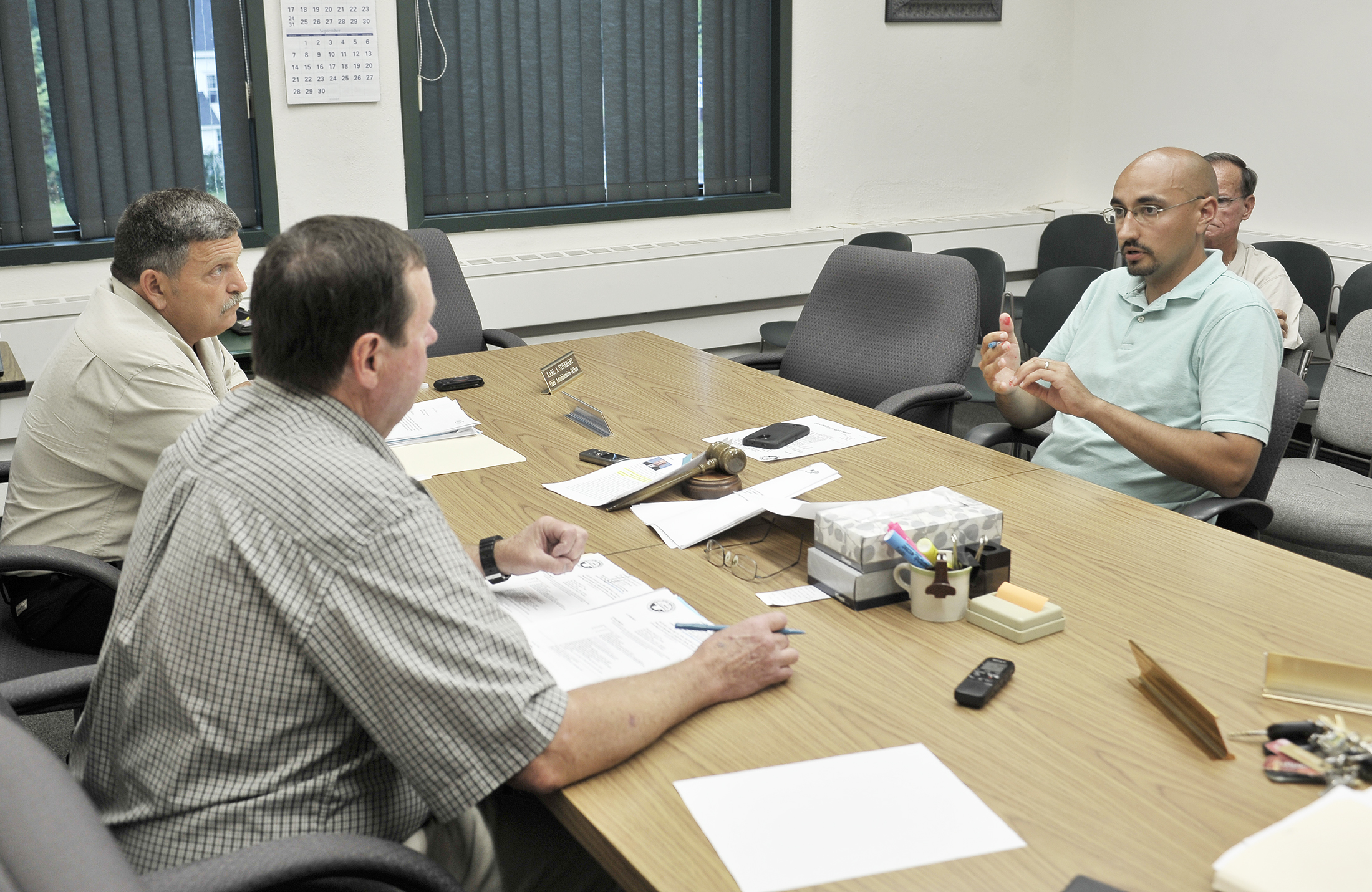WESTFIELD – City councils in western Mass. are no different than other municipalities in the Commonwealth when adjusting their documentation policies to remain in compliance with the state’s Open Meeting Law (OML).
For many small towns governed by selectboards with as few as three elected members, documenting meetings can become more complicated.
The Westfield City Council is contemplating the hiring of a part-time secretary to transcribe meeting minutes, like Holyoke, Northampton and Springfield have, in addition to broadcasting their meetings live through public access television and streaming them online, as well.
For small, rural communities who did not negotiate with Comcast to provide broadcast coverage of their meetings, a written transcription and audio recording are often the only means by which they remain in compliance with the state’s OML.
“All of our meetings are audiotaped and you can go online and listen to them at any time,” said Joseph Deedy, a selectman for the town of Southwick, adding that he and the selectboard have experimented with videotaping meetings.
“You already have a voice on audio, you might as well put a face to it,” said Deedy. “She (Sondra Pendleton, assistant to Board of Selectmen) writes them (the minutes) down and we have the audio version. We just had a meeting Monday, and if you go on the town website now, it should be up with a link you can listen to.”
Stacy Stewart, the Gateway Regional School District’s School Committee secretary, goes to great lengths to transcribe every meeting and said that the committee has discussed using video for further documentation.
“It has been brought up. Mrs. (Ruth) Kennedy actually had brought it up about potentially taping meetings and I don’t believe the committee as a whole ever really wanted to do that,” said Stewart. “I don’t think they ever took a vote on it.”
“There was discussion about whether people would actually make the same comments they make,” she said. “We keep everything up to date on the website in terms of minutes and posting meetings, so that would be another thing to figure out – how to keep those videos current as far as archiving them because they would be public record.”
Currently, the school committee’s only method of recording their meetings are Stewart’s transcription.
“We don’t audio record them,” she said. “Mrs. (Gretchen) Eliason (previous committee chair) did record them for quite a while, but we no longer record them. Our recording is strictly the minutes, which are posted on the district’s website and archived so the public has access to them on a regular basis.”
In addition to her transcribing of the minutes, Stewart stated that her duties as secretary include making sure committee members are sworn in, keeping record of packets that have been distributed to members, as well as copies of minutes and policies.
“A committee doesn’t have to have a secretary outside of that committee. They could have one of the members of the committee take the notes as a designated secretary and keep a record.” she said. “They could be shorthand, they could be longhand, but obviously they have to legible by everybody or transcribed in a way that, if somebody wanted to see them (the minutes), they could actually see them and see what goes on.”
“Things don’t have to be transcribed verbatim, either. You could have ‘there was discussion in favor of and against and this was the vote’,” said Stewart. “They could be a simpler form of minutes, as long as they really track all the votes and give a general understanding of what happened at the meeting.”
Stewart added that the minutes don’t have to be in the electronic format that she keeps them in, but they must state the basic parameters of the meeting.
“Who was at the meeting, what time the meeting closed, as well as keeping a record of when the meeting was held,” she explained. “Making sure they were posted 48 hours prior to the meeting.”


